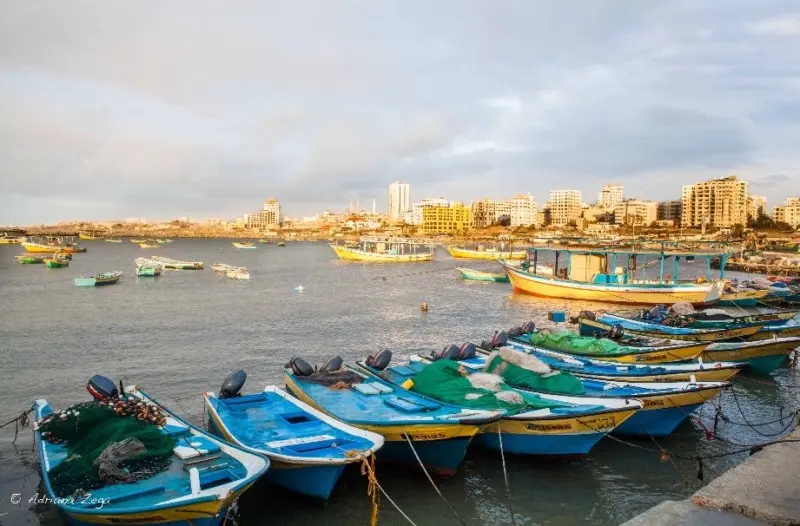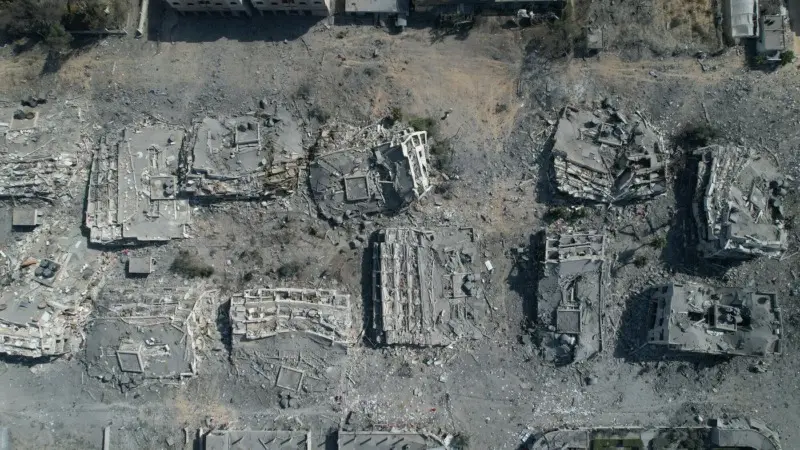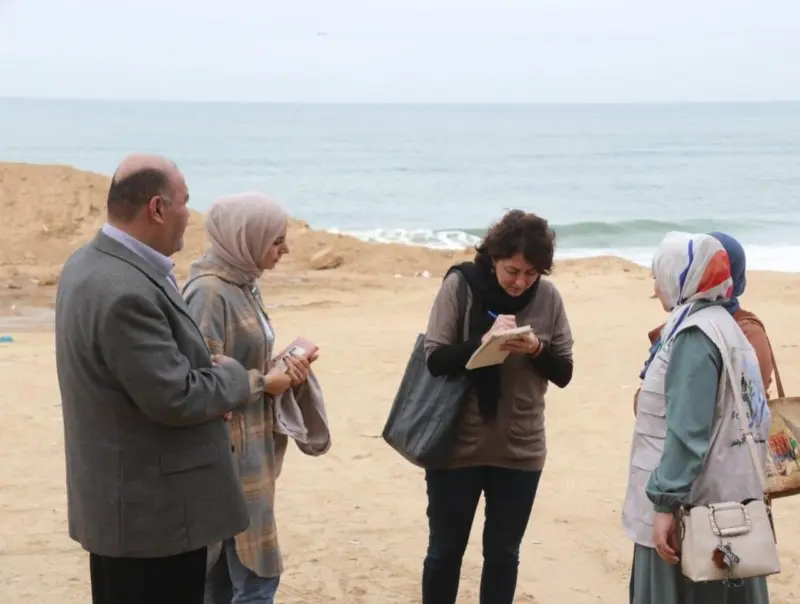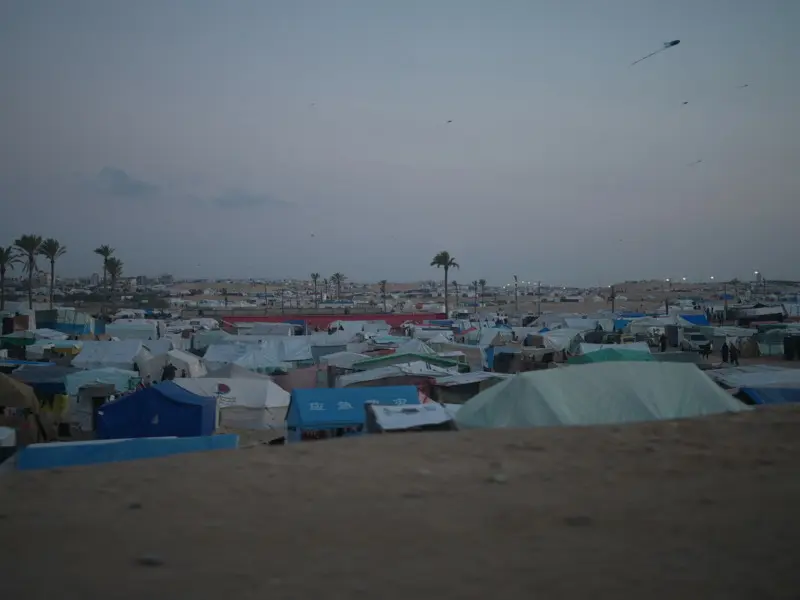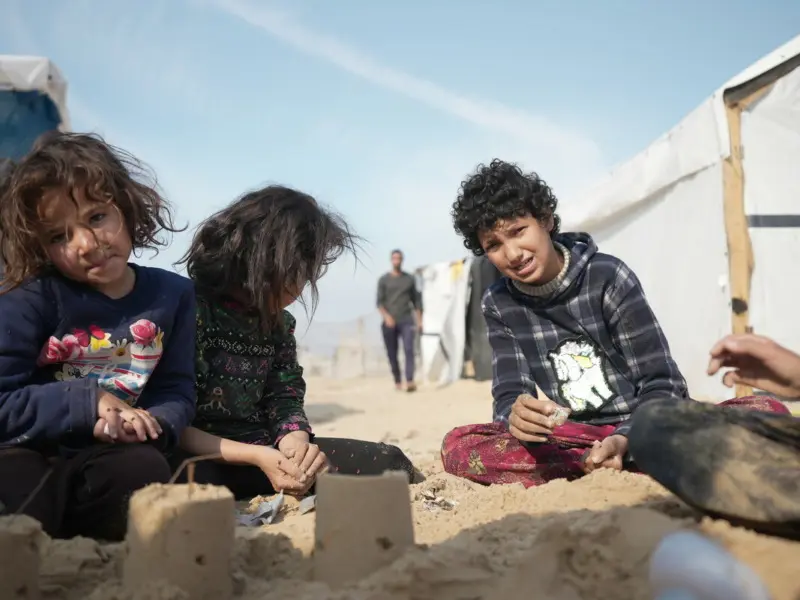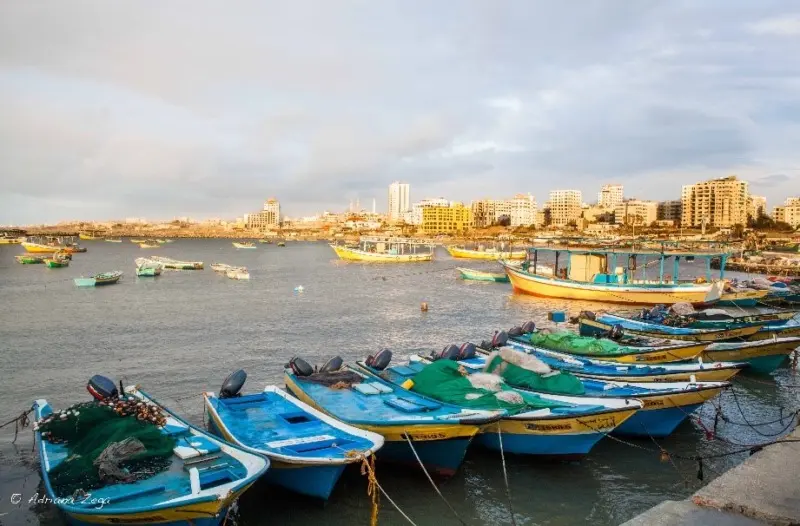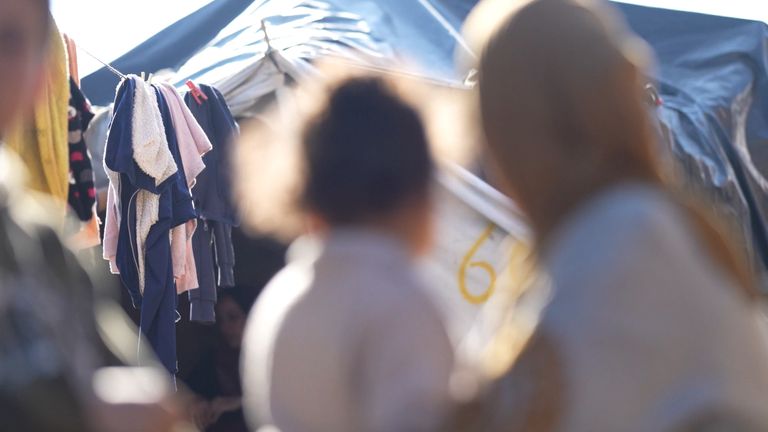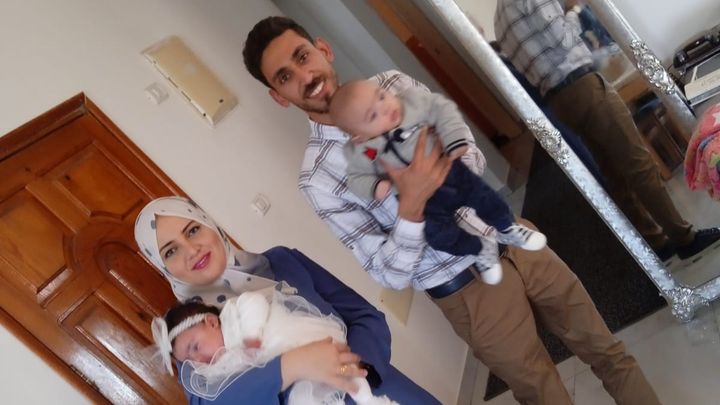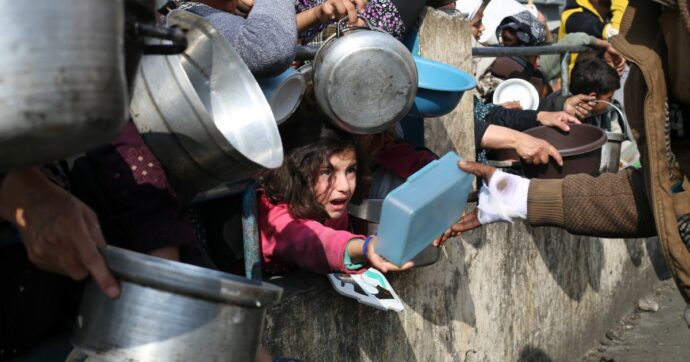
I doppi standard morali del mondo occidentale di Gaza accecano così tanto che perfino le prove scientifiche pubblicate su riviste prestigiose come Lancet, giustamente usate per contrastare le asserzioni dei negazionismi Covid durante la pandemia, ora vengono messe in dubbio o ignorate? I dati che anche le Nazioni Unite e epidemiologi di istituzioni accreditate a livello mondiale ritengono approssimativamente validi, per i negazionismi del genocidio non sono affidabili se si tratta di Gaza? O sono le critiche sui dati di mortalità a rivelare l’inaffidabilità delle opinioni dei negazionismi del genocidio? Pur di negare l’evidenza di un crimine del quale siamo tutti complici la nostra mente prova di tutto?
In questa ricerca apparsa su Lancet che ha analizzato i dati di mortalità del ministro della Sanità a Gaza, tre ricercatori della John Hopkins School of Public Health chiariscono in modo empirico che i dati di mortalità a Gaza non sono gonfiati e non hanno grandi margini di errore. I morti accertati, infatti, come accaduto durante la pandemia, sono molto probabilmente sottostimati. Perché? Per una ragione molto semplice: con il 70% delle case distrutte, quasi tutti gli ospedali, scuole, panetterie distrutte, senza acqua potabile, riscaldamento, scarso accesso a cibo e medicinali, cosa ci si aspettate succeda? Che la mortalità diminuisca? E cosa ne dite “dell’effetto statistico” (concedetemi il tragico sarcasmo) di centinaia se non migliaia di corpi sotto le macerie?
Sciolti i dubbi sui dati di mortalità, i negazionisti del genocidio argomentano che la definizione di genocidio stabilisce sia necessario accertarne l’intenzionalità. Un documento redatto da Law for Palestine ha raccolto 500 incitamenti al genocidio e altrettanti link che ne corroborano la veridicità. Una buona parte sono di top figure politiche del governo e dell’esercito israeliano. Altri provengono da giornalisti e opinionisti israeliani.
Il doppio standard morale creato dal pregiudizio di conferma occidentale è così accecante che perfino l’International Court of Justice, citata e ammirata per il mandato di cattura a Putin, ora viene attaccata e minacciata (es. una dozzina di senatori repubblicani in Usa che scrivono all’ICJ “vi abbiamo avvertito”) per il mandato di cattura a Netanyahu. Ah, dimenticavo, la stessa Corte ha stabilito che la denuncia del Sud Africa a Israele per “atti di genocidio” è plausibile e ha infatti intimato un cessate il fuoco immediato, puntualmente ignorato da Israele, con pacche sulle spalle dei leader occidentali.
Sciolti i dubbi sui dati di mortalità, i negazionisti del genocidio argomentano che la definizione di genocidio stabilisce sia necessario accertarne l’intenzionalità. Un documento redatto da Law for Palestine ha raccolto 500 incitamenti al genocidio e altrettanti link che ne corroborano la veridicità. Una buona parte sono di top figure politiche del governo e dell’esercito israeliano. Altri provengono da giornalisti e opinionisti israeliani.
In sette mesi di assalto a Gaza, Israele ha ucciso oltre 14000 bambini; l’invasione della Russia in Ucraina in oltre 2 anni di bombardamenti poco più di 500 (ovviamente anche questi dati sono sottostimati e ogni vita di un bambino ucciso in guerra è una tragedia indicibile beh oltre i freddi numeri). I freddi numeri tuttavia dicono che il genocidio di Israele a Gaza, aiutato e sostenuto moralmente e militarmente dal mondo occidentale, è un atto di ferocia (e psicopatia internazionale) senza precedenti storici recenti.
Di fronte a questi fatti e questi dati, arrampicarsi sugli specchi adducendo sofismi di vario tipo al fine di negarne la devastante, tragica importanza, è sintomo di un pregiudizio culturale che assegna valore alla vita umana a targhe alterne. È la prova che mass media, istituzioni educative e socializzazione hanno spinto il nostro immaginario collettivo a suddividere le persone uccise in guerra in “vittime di serie A” e “vittime di serie B”. Quelle di “serie A”, opera dei nostri nemici, meritano le nostre lacrime e la nostra compassione. “Quelle di serie B”, causate dai nostri governi e loro alleati, la nostra indifferenza?
Possiamo fare meglio.

Professore, Università di Padova
Fonte: Il Fatto Quotidiano
English translate
GAZA THERE IS SCIENTIFIC EVIDENCE OF GENOCIDE, BUT THE WEST SUBSTANCES IN DENYING IT

Are the Western world’s moral double standards in Gaza so blinding that even scientific evidence published in prestigious journals such as the Lancet, rightly used to counter the claims of Covid deniers during the pandemic, is now being doubted or ignored? The data that even the United Nations and epidemiologists of accredited institutions worldwide consider to be approximately valid, for genocide deniers, are not reliable when it comes to Gaza? Or is it the criticism of mortality data that reveals the unreliability of the opinions of genocide deniers? In order to deny the evidence of a crime in which we are all accomplices, does our mind try anything?
In this research which appeared in the Lancet which analyzed the mortality data of the Minister of Health in Gaza, three researchers from the John Hopkins School of Public Health clarify empirically that the mortality data in Gaza are not inflated and do not have large margins of error . The confirmed deaths, in fact, as happened during the pandemic, are most likely underestimated. Why? For a very simple reason: with 70% of homes destroyed, almost all hospitals, schools, bakeries destroyed, without drinking water, heating, little access to food and medicine, what do you expect to happen? May mortality decrease? And what do you say about the “statistical effect” (please indulge me in tragic sarcasm) of hundreds if not thousands of bodies under the rubble?
Having resolved the doubts about the mortality data, genocide deniers argue that the definition of genocide establishes that it is necessary to ascertain its intentionality. A document drawn up by Law for Palestine has collected 500 incitements to genocide and as many links that corroborate their veracity. A good portion are top political figures in the Israeli government and army. Others come from Israeli journalists and commentators.
The moral double standard created by Western confirmation bias is so blinding that even the International Court of Justice, cited and admired for the arrest warrant for Putin, is now being attacked and threatened (e.g. a dozen Republican senators in the US writing to the ICJ “we warned you”) for the arrest warrant for Netanyahu. Ah, I forgot, the same Court has established that South Africa’s complaint to Israel for “acts of genocide” is plausible and has in fact called for an immediate ceasefire, promptly ignored by Israel, with pats on the back from Western leaders.
Having resolved the doubts about the mortality data, genocide deniers argue that the definition of genocide establishes that it is necessary to ascertain its intentionality. A document drawn up by Law for Palestine has collected 500 incitements to genocide and as many links that corroborate their veracity. A good portion are top political figures in the Israeli government and army. Others come from Israeli journalists and commentators.
In seven months of assault on Gaza, Israel killed over 14,000 children; the invasion of Russia in Ukraine in over 2 years of bombings just over 500 (obviously even these data are underestimated and every life of a child killed in war is an unspeakable tragedy well beyond the cold numbers). The cold numbers, however, say that Israel’s genocide in Gaza, aided and supported morally and militarily by the Western world, is an act of ferocity (and international psychopathy) without recent historical precedent.
Faced with these facts and data, climbing on straws by citing sophisms of various types in order to deny their devastating, tragic importance, is a symptom of a cultural prejudice that assigns value to human life on alternate plates. It is proof that mass media, educational institutions and socialization have pushed our collective imagination to divide people killed in war into “series A victims” and “series B victims”. Those of “series A”, the work of our enemies, deserve our tears and our compassion. “The second-class ones”, caused by our governments and their allies, our indifference?
We can do better.
Source: Il Fatto Quotidiano



Dott. Alessio Brancaccio, tecnico ambientale Università degli Studi di L’Aquila, membro della Fondazione Michele Scarponi Onlus, ideologo e membro del movimento ambientalista Ultima Generazione A22 Network per contrastare il Riscaldamento Globale indotto artificialmente dalla Geoingegneria Solare SRM












